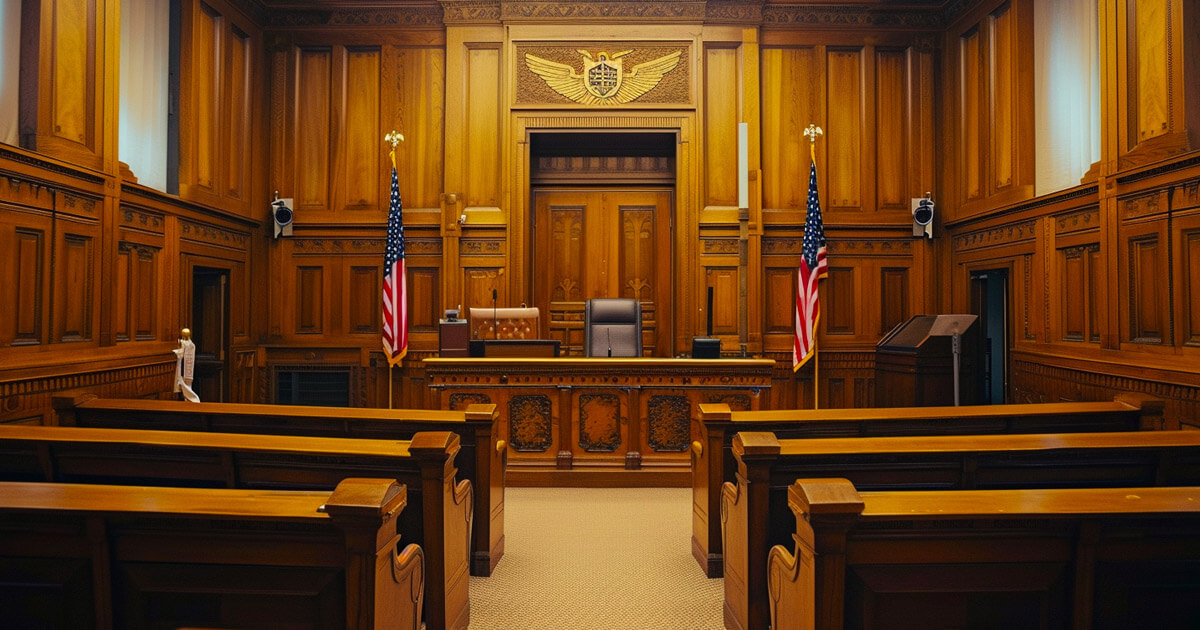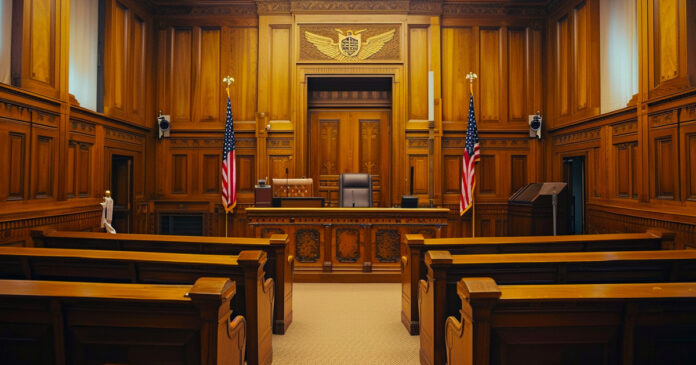
Economist Timothy Peterson stated the U.S. Supreme Courtroom's choice to strike down Chevron will forestall the SEC from performing as “automated subject material skilled” on crypto on June 28.
The Chevron doctrine originated within the 1984 case Chevron v. Pure Sources Protection Council, which created a take a look at to find out when US federal courts should defer to company interpretation of statutes and legal guidelines.
Influence on SEC authority
Based on Peterson, the choice to overturn the Chevron doctrine limits the SEC's “unilateral interpretive energy” over bitcoin.
Peterson wrote:
“That is the BIGGEST win for Bitcoin. Way more necessary than any case or regulation.”
He argued that the ruling would require courts to scrutinize the SEC's anti-crypto stance. The change might end in fairer rules and a extra balanced authorized atmosphere, together with lowering the SEC employees's potential to outline property as securities.
FOX Enterprise reporter Eleanor Terrett he stated the top of Chevron doesn’t fully get rid of the SEC's potential to file enforcement actions, but it surely does depart open the query of whether or not Congress granted the SEC authority regulate crypto as a safety.
Terrett stated the top of Chevron might have an effect on the SEC's lawsuit towards Consensys and its declare that some tokens are securities. She famous:
“The SEC's competition that Consensys is an unregistered dealer supplier engaged within the supply and sale of unregistered securities (might carry) much less weight within the eyes of a decide than it (used to).
In January, legal professional Paul Clement introduced oral argument in Loper Brilliant Enterprises v. Raimondo – the case that led to the overthrow of Chevron on June 28.
He referred to as cryptocurrency a “concrete instance” of the Chevron-related deadlock, arguing that Congress has not addressed cryptocurrencies as a result of businesses can declare authority over such issues. Implicitly referring to the SEC and its chairman, Gary Gensler, he said:
“There's one company that thinks it's going to … wave a wand and say the phrases “funding settlement'' are ambiguous, and it's going to soak up all of that into (its) regulatory framework.
He later stated that somebody will “decide whether or not crypto is an funding contract” together with different questions, including that the Chevron override might “transfer issues … in the correct path” relating to dealing with such circumstances.
Chevron has flipped in non-crypto circumstances
On June 28, the US Supreme Courtroom overturned Chevron in two circumstances — Relentless Inc. v. Dept. of Commerce and Loper Brilliant Enterprises v. Raimondo.
The New Civil Liberties Alliance (NCLA), which was answerable for the primary case, stated the choice meant loopholes and ambiguity in statutes that not gave businesses statutory authority. The newest choice as an alternative requires Article III courts to resolve stated ambiguities.
In overturning the doctrine, Justice John Roberts stated:
“The one method to 'be sure that the regulation doesn't simply change erratically, however evolves in a principled and comprehensible method,' is to depart Chevron behind.”
The circumstances usually are not particularly about cryptocurrencies or the SEC. However NCLA emphasised the far-reaching scope of the ruling, noting that it prevents “each federal company” from abusing deference, calling it “a key reform whose full impression will solely be seen with time.”
Talked about on this article
